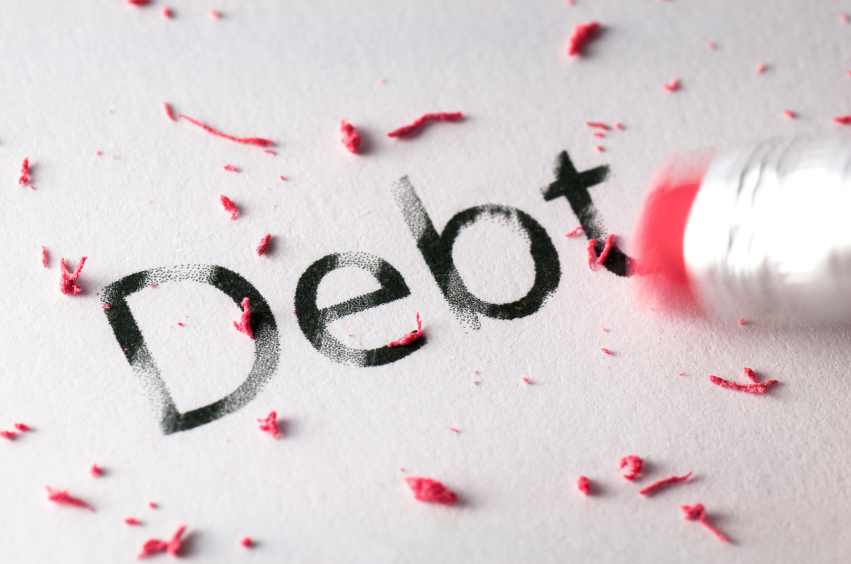The credit card bill that arrived in the mail the other day carried a sobering message.
The balance owing was $559, admittedly not a hefty sum at a time when Canadians collectively owe $1.2 trillion, an amount that has more than doubled over the past 10 years with credit cards and lines of credit accounting for much of that increase.
However, the Visa statement noted that by paying the minimum balance on the card — $17 — it would take seven years and seven months to pay off the $559.
The bill got paid in full, thereby saving almost eight years of payments but like those warnings on a cigarette package, the notice was a stark illustration of the ills that await those with bad credit habits. The warning is one of the changes to Canada’s credit card regulations that are designed to protect Canadians from unforeseen costs and encourage them to reduce credit card debt. The announcement brings into effect regulations that were introduced almost a year ago.
It would seem we need all the help we can get. Canadians are carrying record debt loads and while we’ve been sheltered by record low interest rates, Canada’s prime lending rate is edging up.
At the same time we long for financial freedom. More than two-thirds of Canadians in a recent survey conducted for Manulife Bank of Canada said becoming debt-free was their top financial priority.
If becoming debt-free is a top free priority for you, it’s not too late to register for Sheila’s Debt-Free Challenge that starts October 5th.
And while you’re tackling debt, take time to catch up on these latest changes to Canada’s credit card regulations.
Here’s what the changes mean to you:
- All new credit card purchases will have a 21-day interest-free grace period when you pay your outstanding bill in full, so pay up and you’ve just earned an interest-free loan 21-day loan from your credit card company.
- Payments made by consumers must be allocated to pay off the balance with the highest interest rate first or distributed proportionally among each type of balance including cash advances and purchases. That means any payment that exceeds the minimum required should first go towards paying off the highest interest rate balance.
- Monthly credit card statement must list the time it would take to fully repay the balance if the minimum payment was made every month. If you want to put a price on your impulse spending before it’s too late and the bill comes in, check out the Financial Consumer Agency of Canada’s credit card payment calculator tool. It will calculate how long it will take you to pay off balances with minimum payments only and the impact of increasing payments, even by a small amount over the minimum.
- Credit card companies must disclose interest rate increases before they take effect, even if the information is in the credit contract. ~Karin Mizgala


